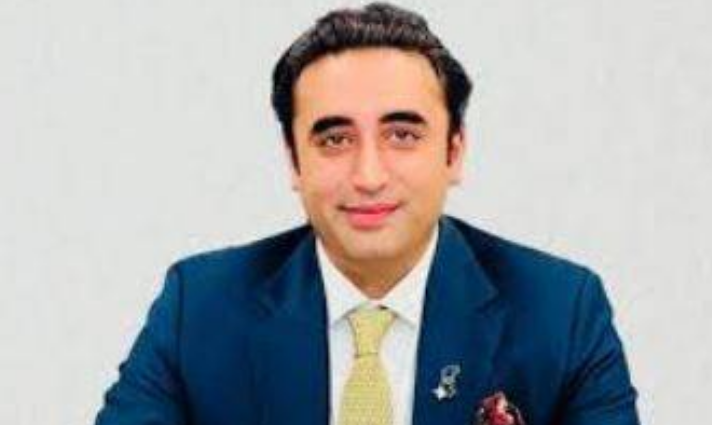Islamabad (Web Desk): Pakistan Peoples Party (PPP) Chairman Bilawal Bhutto-Zardari made it clear on Friday that any effort to undo the 26th Constitutional Amendment must come from the parliament itself.
Speaking to newsmen in Islamabad, the PPP chief strongly warned that no institution would be able to annul it on its own, urging for harmony and collaboration within the judicial system rather than hindrances.
He further reiterated that only parliament holds the authority to reverse the amendment, which has drawn considerable criticism for altering the procedures surrounding the appointment of the chief justice, his tenure, and the establishment of constitutional benches.
The controversial amendment has faced challenges from various sectors, including the opposition and legal circles, with many now pushing for a review by the Supreme Court (SC).
Earlier, the Sindh Bar Council filed a petition in the apex court, arguing that the changes threaten judicial independence and the core principle of separation of powers.
Pakistan Tehreek-e-Insaf (PTI) founder and former premier Imran Khan had also voiced his disapproval, claiming the that amendment disrupts the judicial framework and undermines the pursuit of transparent justice.
Bilawal also dismissed rumours about his potential inclusion in the federal cabinet, firmly stating that the PPP had no plans to join the government.
When asked about the future of Prime Minister Shehbaz Sharif’s tenure, he expressed hope, saying, “Insha’Allah.”
Addressing geopolitical issues, Bilawal underscored the importance of Pakistan’s relations with both the United States (US) and China, noting that recent diplomatic developments, including China's president being invited to key events, had major implications for regional dynamics, especially in relation to India.
He emphasized that Pakistan's foreign policy remains unwavering, drawing attention to the country’s nuclear capabilities and missile technology as a legacy of his grandfather, Zulfiqar Ali Bhutto, and his mother, Benazir Bhutto.
Bilawal criticized the government for failing to properly consult with the media industry before introducing amendments to the Prevention of Electronic Crimes Act (PECA), suggesting that a more inclusive process could have led to better outcomes.
He stressed that any significant changes should involve consensus-building to ensure broad support.


